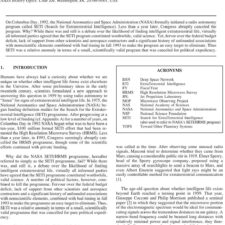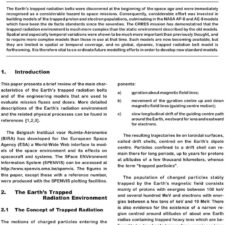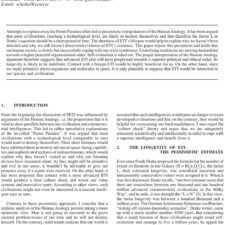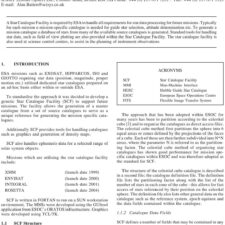The Extraction and Processing of Perchlorates on Mars into Critical Resources for a Human Mission
£5.00
A. Jagoe-Williams (2020), JBIS, 73, pp.350-357
Refcode: 2020.73.350
Keywords: Perchlorate (ClO4-), Mars, Regolith, Thermal Decomposition, MEXU
Abstract:
The prospect of sending humans to Mars in the near future is ever increasing. However, one obstacle that must be addressed to make Mars habitable is the toxicity due to perchlorates in the regolith. Perchlorates can cause hypothyroidism and death of astronauts, despite the Martian surface only containing 0.5 wt%. The necessary removal of perchlorates can provide a safe supply of oxygen to a human crew, as 3.5 moles of molecular oxygen can be extracted from one mole of perchlorate. A conceptual design of a mobile extraction unit capable of excavating and processing the perchlorate-rich regolith was developed. The reactor is an electrically heated rotary kiln that utilises induction heating, up to 400°C, to thermally decompose the perchlorates into their constituent molecules, namely oxygen, chlorine and metal oxide/chloride. The process is operated at Mars’ atmospheric pressure of 0.636 kPa and consumes 10.685 kW of power. The oxygen produced will be used as a life-support fluid while the chlorine can be used to make PVC for 3D-printer filaments. The process uses no water, saving on a vital resource, and the decontaminated regolith can be used for habitat construction or agricultural applications. The process is completely scalable and the abundance of perchlorates ensures the sustainability of the process for future Mars exploration missions.





